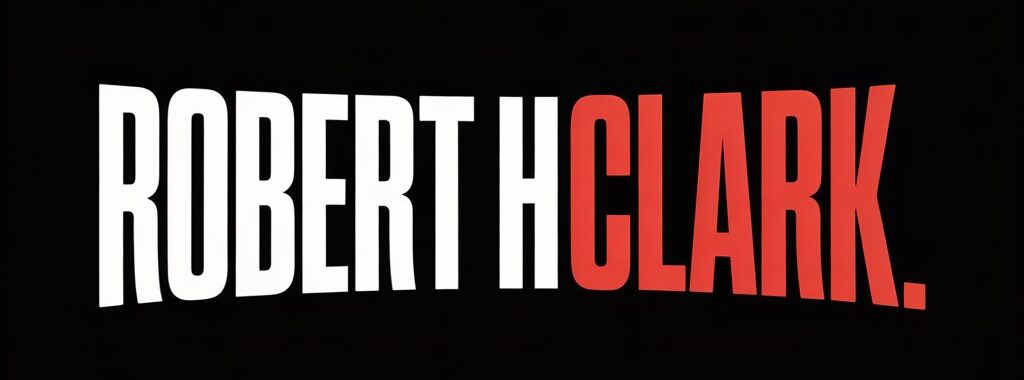
Zillow and Expedia had been among the many first firms to launch apps inside OpenAI’s ChatGPT this week, securing early positions in what analysts are already calling the potential “Home windows of AI.”
The transfer places the enduring Seattle manufacturers in a brand new ecosystem with greater than 800 million weekly customers, making them a part of what one report known as the AI “tremendous app” of the longer term.
However previous platform shifts elevate a key query: Are these firms reserving a seat on a rocket ship, or are they ceding management to a brand new gatekeeper that might someday put its personal pursuits first?
OpenAI announced the new app platform at its annual DevDay in San Francisco, saying that builders can now construct full-fledged functions inside ChatGPT utilizing a brand new software program growth equipment, or SDK. The concept is to create a brand new class of conversational apps that work immediately within the chat stream, together with interactive options accessible in ChatGPT.
Throughout a stay demo, for instance, an engineer prompted Canva to create a poster for a dog-walking enterprise and later requested Zillow to indicate houses on the market in Pittsburgh, which generated an interactive map from the true property web site contained in the chat.
“Zillow is the one actual property app accessible in ChatGPT,” the corporate crowed in a news release. “Zillow labored with OpenAI as one of many first companions to construct an app in ChatGPT, underscoring its trusted model, scale and observe report of turning know-how breakthroughs into consumer-first improvements.”
Expedia’s new ChatGPT app, introduced at the side of the OpenAI platform launch, will permit customers to plan journeys by asking for flights and lodges immediately within the chat.
The apps deal with the invention and planning phases inside ChatGPT, handing customers off to the accomplice websites to take the ultimate steps, like reserving a room or scheduling a house tour.
OpenAI framed the brand new Apps SDK as a full-stack platform for builders, providing instruments to attach information, set off actions, and current interactive interfaces immediately inside ChatGPT.
CEO Sam Altman stated the objective is to “assist builders quickly scale merchandise” by reaching a whole bunch of thousands and thousands of customers — a message that echoed the early days of cell app shops and hinted at OpenAI’s ambitions to create a brand new working system for the AI period.
However that ambition is already elevating larger questions on potential trade-offs.
In his Platformer newsletter, Casey Newton in contrast OpenAI’s ambitions to Fb’s troubled “social graph,” warning that the “AI graph might show even riskier” to digital privateness provided that ChatGPT shops customers’ most non-public conversations.
Newton additionally requested whether or not long-term financial incentives — i.e., will OpenAI public sale off app placement sooner or later? — might finally warp the person expertise at the price of ChatGPT’s usefulness.
In The Information‘s nightly briefing, Martin Friends questioned whether or not app builders have an actual incentive to take part if it means diminishing their direct visitors and their capability to promote advertisements.
Because it associated to the particular integrations, nonetheless, a lot of the response was constructive.
On the Vendor Alley real estate technology blog, Greg Robertson recalled Zillow (and Expedia) co-founder Wealthy Barton mentioning that having Zillow’s app featured in Apple keynotes was an enormous enhance, each for attracting the eye of shoppers and for inside morale at Zillow.
Referencing the applause that adopted OpenAI’s Zillow demo, Robertson wrote, “That’s the sound of Zillow profitable the true property AI race. Everybody else is now taking part in catch up.”
